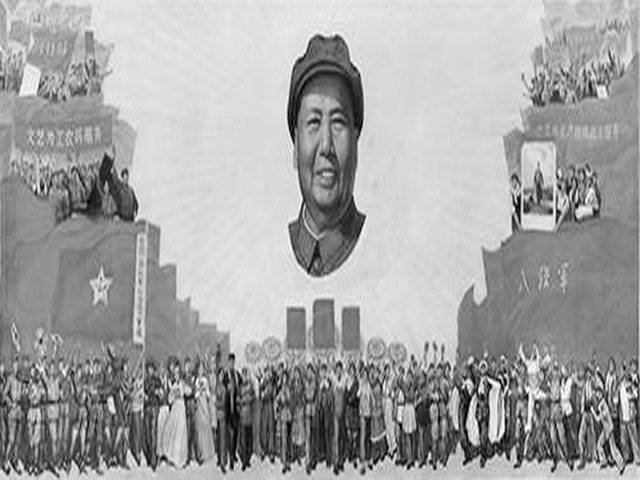The Cultural revolution was a socio-political movement started by the Chinese Communist Party (CCP) chairman, Mao Zedong, that lasted from 1966 up until 1976. The purpose of the movement was to revive the spirit of the Chinese revolution a decade earlier that had brought communist rule to China under the leadership of CCP. Chairman Mao felt that the party leadership was moving further away from the spirit that espoused the communist party, and for which millions of Chinese communists had given up their lives during the Long March during the 1930s that had brought about a massive political change in the country.
The cultural revolution was a period of great anarchy and violence in China, as Mao attempted to counter anyone who spoke out against the communist party or critiqued its role in China. Mao felt that capitalist elements were seeping into China, which made him feel increasingly insecure about his position. Mao wanted to rebuild the party to gain greater control, and for that the army was dispatched to take over schools, factories and government buildings. There was a serious breakdown on any intellectual thought as university professors and academics were arrested and tortured. Adding on, Mao’s fellow politicians came under greater scrutiny, and anyone who was seen to deviate even remotely from Mao’s communist ideals was dealt with harshly. It was a period of great turmoil as all kinds of liberties and freedoms were suppressed by the army on Mao’s orders. A cult of personality that was formed around Mao helped him gain greater control over all aspects of the Chinese society.
The memories from the cultural revolution remain relevant today as China continues to curtail freedoms within the country, including censorship of media and banning of social media such as Facebook, Twitter and other informational websites such as google, thus limiting Chinese access to global information. Additionally, the Chinese government continues to hold a great control over its citizens by building extensive surveillance systems. These serve as constant reminder of the repression during the cultural revolution.






